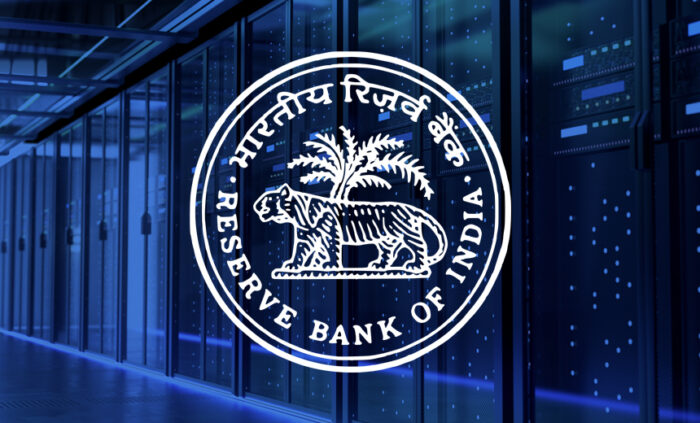Mumbai: Loans that were in default for more than 30 days as on 1 March but where the overdue amount was subsequently repaid will not be eligible for debt recast under the new debt recast window, the Reserve Bank of India has clarified.

The central bank released a set of frequently asked questions along with its responses late on Tuesday night, clarifying its stand of a number of issues. RBI has set 1 March as a reference date for deciding the eligibility of borrowers under the new resolution framework.
“Such accounts are ineligible for resolution under the resolution framework as the resolution framework is applicable only for eligible borrowers which were classified as standard, but not in default for more than 30 days as on 1 March 2020,” it said, adding that banks will have to use the 7 June 2019 circular to restructure such loans.
Ever since the debt recast window was announced, bankers have maintained that they are open to using the 7 June framework for stressed assets ineligible under the new framework. However, what sets apart the new framework from the existing one is the benefit of retaining a standard asset classification despite a recast, leading to lower provisions. Banks have to make provisions of 15% when loans turn bad, as opposed to 0.4-1% for standard loans. Mint reported that at least ₹5.7 trillion of stressed loans will not be covered under the new framework.
The central bank also said that while 1 March 2020 is the reference date, the actual debt considered for resolution will be the amount outstanding as on the date of invocation. The date of invocation refers to the date when the borrower and the lender agree on the resolution plan and RBI has set a deadline of 31 December. Lenders have up to 180 days to implement a corporate debt recast and 90 days for retail loans from the date of invocation.
RBI said that banks and financial institutions can use the resolution framework for resolution of all exposures to eligible borrowers, including investment exposures. A central bank committee formed to recommend debt recast parameters submitted it report last month. Following the committee’s report, RBI had said that banks must ensure that restructured loans meet specific financial parameters by March 2022.
In its report, the five-member panel led by former ICICI Bank chief executive KV Kamath identified five financial parameters to gauge the health of sectors facing difficulties.


Comments are closed.